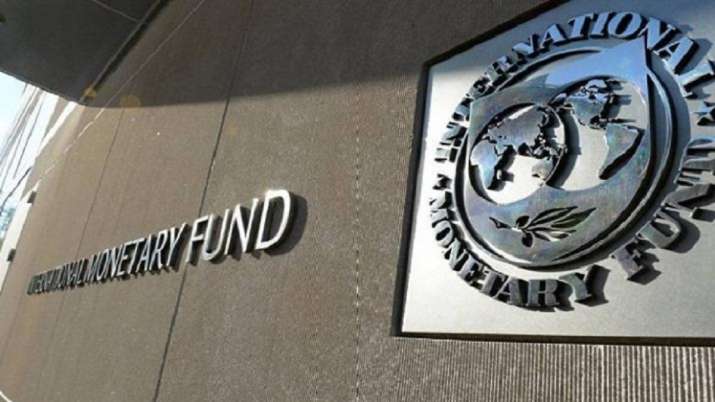
on June 22, Pakistan inked an agreement with the IMF to restore the stalled USD 6 billion aid package and open doors for financing from other international sources.
Highlight
- IMF asks Pakistan to set up an anti-corruption task force to review existing laws
- Cabinet will increase electricity rates gradually, impose petroleum levy
- MEFP will form the basis of the staffing agreement that Pakistani authorities will try to achieve
The IMF has set strict pre-conditions such as hike in electricity tariff and levy on petroleum products to restart the USD 6 billion bailout package for Pakistan, the cash-strapped country said on Wednesday, media reports said. has inked a deal with the global lender. Much needed credit facility.
The International Monetary Fund has also asked Pakistan to set up an anti-corruption task force to review all existing laws aimed at curbing corruption in government departments, reports quoted sources as saying. Dawn newspaper reported that once the conditions are in place, the IMF will present Pakistan’s request to its executive board for approval of the loan tranche and revival of the program – a process that could take another month.
The Express Tribune newspaper reported that the new conditions set by the IMF include raising electricity rates, a decision to gradually levy a petroleum levy of Rs 50 per liter to collect Rs 855 billion, and the government’s role in setting oil prices. termination is included. The demands came amid the government’s decision to seek the approval of the National Assembly on Wednesday to amend the Petroleum Products (Petroleum Levy) Ordinance, 1961.
The law is proposed to be amended to levy a petroleum levy of Rs 50 per liter on high-speed diesel, petrol, high octane blending component (HOBC), E-10 gasoline, improved kerosene and light diesel. It has also proposed a liquefied petroleum gas levy of Rs 30,000 per metric tonne. Cash-strapped Pakistan is facing increasing economic challenges with high inflation, dwindling foreign exchange reserves, rising current account deficit and depreciating currency.
On 22 June, Pakistan inked an agreement with the IMF to restore the stalled USD 6 billion aid package and open doors for funding from other international sources. The make-or-break deal was reached after the Pakistani team, led by the IMF Staff Mission and Finance Minister Mifta Ismail, agreed on an understanding on the 2022–23 budget, as officials raised Rs 43,600 crore more taxes and increased petroleum. had committed to. Dawn newspaper reported that gradually the levy up to Rs 50 per liter.
An Extended Fund Facility Package of USD 6 billion for a period of 39 months was agreed in July 2019. So far only half of the promised money has been returned. The revival of the facility will immediately provide access to the USD 1 billion that Pakistan needs to cushion its dwindling foreign exchange reserves.
In its Draft for Economic and Fiscal Policies (MEFP) document, the IMF has proposed adding two pending program reviews – the 7th and the 8th – but did not indicate that it would also extend the USD 2 billion loan tranches. will approve. The MEFP will form the basis of a staff-level agreement that Pakistani officials will now try to achieve as quickly as possible. However, Finance Minister Ismail said that Pakistan has received the MEFP document showing the merger of the Seventh and Eighth reviews of the bailout program and the country will receive a loan of USD 1.9 billion after their approval.
The Express Tribune quoted sources as saying that the IMF in its draft MEFP document did not mention the increase in the loan tranche size to USD 1.9 billion. The issue of increasing the size of the loan will now be discussed by both the parties. Pakistan urgently needs a revival of the IMF package to revive the confidence of the international community to invest in its economic policy and gain access to global lending institutions.
Read also | Will Pakistan withdraw subsidy on petroleum products before talks with IMF?